Table of Contents
If you're thinking about doing a PhD, especially if you're older than 30, then your age may be something you are concerned about. I'm 36, have a kid, run a small business and do a PhD and I want to alleviate some of these concerns by talking about my experience.
What is clear is that you're never too old to do a PhD but your experience will be different depending on your age. In the UK, the average age for someone to do their PhD is 24-25 if you are full time and 32-33 if you are part time.
Here is a breakdown by average age of PhD student by country, ranked oldest to youngest.
| Country | Average age |
| Finland | 38 |
| Norway | 38 |
| Portugal | 37 |
| USA | 37 |
| Canada | 36 |
| Sweden | 35 |
| Denmark | 34-35 |
| Germany | 33 |
| Italy | 31 |
| Poland | 31 |
| Ukraine | 30 |
| UK | 26-27 |
Data according to European University Institute
You'll notice that people in the UK are particularly young! Depending where you are in the world, it's likely that the average PhD student age on completion is around 10 years older than if you were doing one in the UK. Which I completely didn't know before I started this post; now I don't know whether I feel perfectly average or extra old!!
Can I do a PhD at 35, 40, 45 ... 65 ... 95?
Whether you're 30, 35, 40 or 65 and retired, there is no age limit to a PhD program. Only you are stopping you from doing a PhD at any age (see towards the end for the discrimination issue though). Supervisors and graduate schools are looking for passion, project skills and a demonstration that you have what it takes to do the research in your chosen field; not that you're 23 and fresh out of a related university degree. If they are providing the funding, because a PhD is a research training degree, they may also look for evidence that you will use it to launch a research-related career (not necessarily an academic one).
What proportion of postgraduate and PhD students are 'mature'?
In 2020/21 in the UK, 36,095 students enrolled into a postgraduate research degree. This brings the total number of postgraduate research students to 114,405 (that's a lot of students!). Of these, 104,965 are doing doctoral level research. The majority of these doctoral students will be doing a PhD (there are other types of doctorates). According to the data below approximately 47% of doctoral students are over the age of 30.
| Age group (years) | 2020/21 | Part-time | Full-time |
| <20 | 90 | 0 | 90 |
| 21-24 | 25,505 | 915 | 24,590 |
| 25-29 | 39,015 | 3,760 | 35,255 |
| 30+ | 49,770 | 22,780 | 26,995 |
| Unknown | 20 | 20 | 5 |
Table describing number of research postgraduates per age category in the UK. Data from https://www.hesa.ac.uk/data-and-analysis/students/whos-in-he (Not sure why the columns don't add up...)
The 2019 PhD study by Nature which has more global reach, found that 77% of respondents were between the ages of 25-34, 8% were 35-44 and 3% were older than 45. The PRES 2021 study recorded that 43% of its respondents were over the age of 30.
You'll notice that there is a strong bias towards part-time students being older. An example of this can be seen in the number of mature Open University students (which specialises in part-time, distance learning degrees); they have 8 times as many 'mature' students (> age 25) than any other university in the UK.
Who is the oldest person to do a PhD?
The oldest person to do a PhD was Charles Betty. He was 95 years old when he completed it! So you have no age-related excuses!
What's the average age in my PhD cohort?
I'm going to be honest, most of the PhD students in my cohort are under 30, with most probably around mid 20s. But there are a few of us who are older and in subject areas other than biological sciences this percentage is higher. Most of us have had a previous job and have caring responsibilities i.e. children. I'm probably one of the few in the 30-40 bracket who is doing it part-time. Some are taking it as a second career, part-time, later in life; once the kids have left home there is more freedom as to how you earn your living.
Does this bother me? Not really. I've talked about the benefits and challenges of doing a PhD with kids in a previous post which is really my major challenge of 'age' rather than age itself. I think there is a little disparity between how much I appreciate doing a PhD vs younger students just wanting it to be over. Obviously I don't want to offend anyone here but I love every minute of my PhD and I feel that many younger students don't have this same level of appreciating how much freedom you have in a PhD.
Advantages of doing a PhD when you're older
You have some life experience behind you
Getting some life experience behind you, whether that's a job, raising kids, going travelling or starting a business, can provide an invaluable sense of perspective on a PhD. There are many skills you will pick up along the way that will help support you through a PhD. If these are skills that contribute to getting funding to do a PhD, then they'll stand you in good stead.
Examples of these life skills that will help you getting, doing and completing a PhD include;
- presentation skills
- applying for funding
- project management
- writing skills
- working with collaborators and/or shareholders
- management and leadership experience
You (probably) have better time management skills
You more than likely have better time management and personal motivation skills, especially if you've done a job or had to raise children before starting a PhD. Fresh out of university my time management skills were not great. I would be working at any hours and didn't know how to delineate my time.
Having a job for 10 years before starting a PhD meant that I am much more able to treat my PhD in a similar fashion. It makes me appreciate the fact that I can pretty much run my own ship without line managers breathing down my back to do stuff I didn't understand the point of.
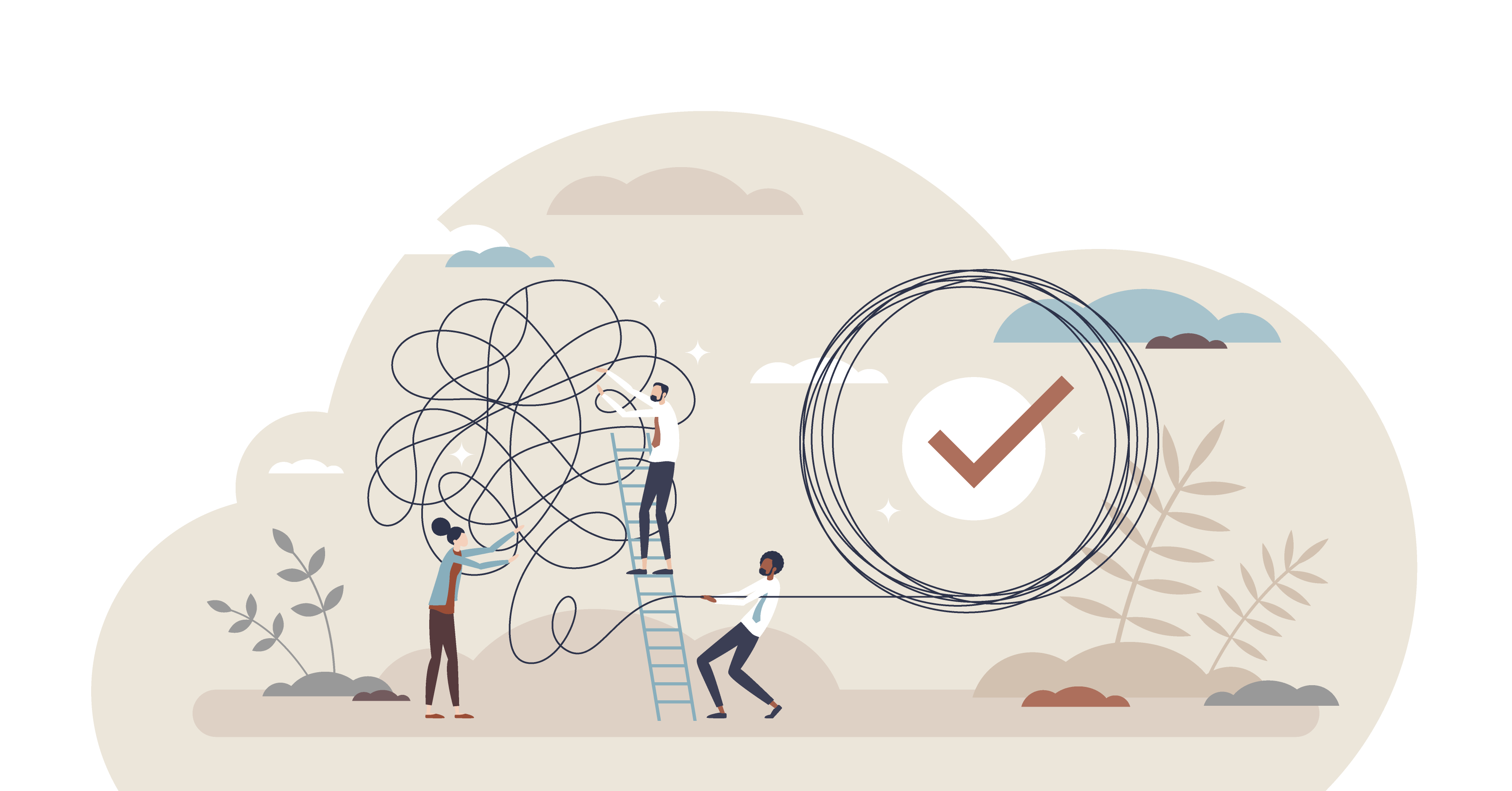
The motivation for doing a PhD is likely to be stronger.
My motivation and reasons for doing a PhD have changed over the years. When I applied to PhDs (that I didn't get) when I was in my early to mid twenties, it was partly because I was struggling to get a job. I didn't know what else to do to try and start earning money in the subject I had just spent 4 years studying. With hindsight though, I'm glad I didn't get them. I would have really struggled and not understood the purpose of doing the PhD. Now my reasons are much stronger; it is a natural career move, I'm working in a subject I'm passionate about and I love doing my own research. It's not about the job - I took a >50% pay cut - it's about the process.
You've likely got some money saved up or can mitigate some of the low PhD pay
I think this is quite a big one. Having a decent job behind me meant I could get up to speed with my finances before starting study again. It allowed me to buy a house, a car, get some savings together and buy things that make day-to-day PhD life more pleasant. PhD pay is notoriously low so having some cash behind will help smooth out life.
You likely have more resilience
I went through university and left it with a sense of idealism about the world. Whilst I feel sad that I have lost some of this 'activism' style thinking over the years, spending some time out of university in the 'real world' is good for a dose of reality.
You're used to being judged not only on metrics
The education system encourages achievements based on a metrics score. Your work is a A, a B, 15/20 etc.. Not experiencing judgement based on who you are and how you do it, can hinder the ability to 'know where you're at' with a PhD. There is no pre-defined path, with scores and deadlines; these all have to be set yourself. A PhD journey is so personal that relying on training based on metrics will make you feel really lost. A PhD is a project and you are the manager. The only real metric is whether that project gets completed or not.

You come with experience outside academia
Quite often if you're coming to a PhD later in life you will have had at least some experience outside academia. Many academics have never spent time outside academia so it gives you valuable skills to navigate and probably speed up some aspects where other academics may falter. Project management is a particularly strong one here, as is financial management and working with industry collaborators. As you move through your PhD and beyond, these skills make it easier for you to manage demanding projects and tight finances. You may be able to identify opportunities where academics see none and encourage more time efficient methods of working. Be warned though academia is a very different experience from industry!
Disadvantages of doing a PhD when you're older
Whilst there are many advantages of doing a PhD when you're older, I suspect that you are more concerned with the disadvantages. Well here's a list of some things you might want to think about before you start.
You usually have some life commitments that make it more tricky to be flexible
In my case this is having a child. For you it could be the same, or other family or community commitments. You may have a mortgage, insurance; not find it easy, nor want to move. Once you get settled in later life it can be hard to jump ship and start a new adventure elsewhere without having to leave something behind.
You might feel behind with regards to current research, methods and knowledge.
Particularly if you have been out of your field for a number of years, it can be tricky getting up to speed with someone who has spent the last 4 years of their life immersed in it. Science in particular moves so fast that just being out of things for a year or two can make you feel like you'll never be able to catch up. As someone who has been working in the field and is doing a PhD in later life, I can tell you that not a day goes by that I don't feel overwhelmed with the amount of new (and old) research that's out there. Just do your best and focus on what you do know.
Skills may be out of date to compete with the young whippersnappers fresh out of university
On this same thread you may feel out of depth with things like social and technology skills too. But you know what? Just stick with what works for you. But do try some of the new apps and systems out there. It's worth spending some time getting to remember or relearn how you work and learn. Chances are it will have changed with all your life experience.
One of the things that a PhD has taught me, is learning how to learn. If you think you know how to learn, think again!
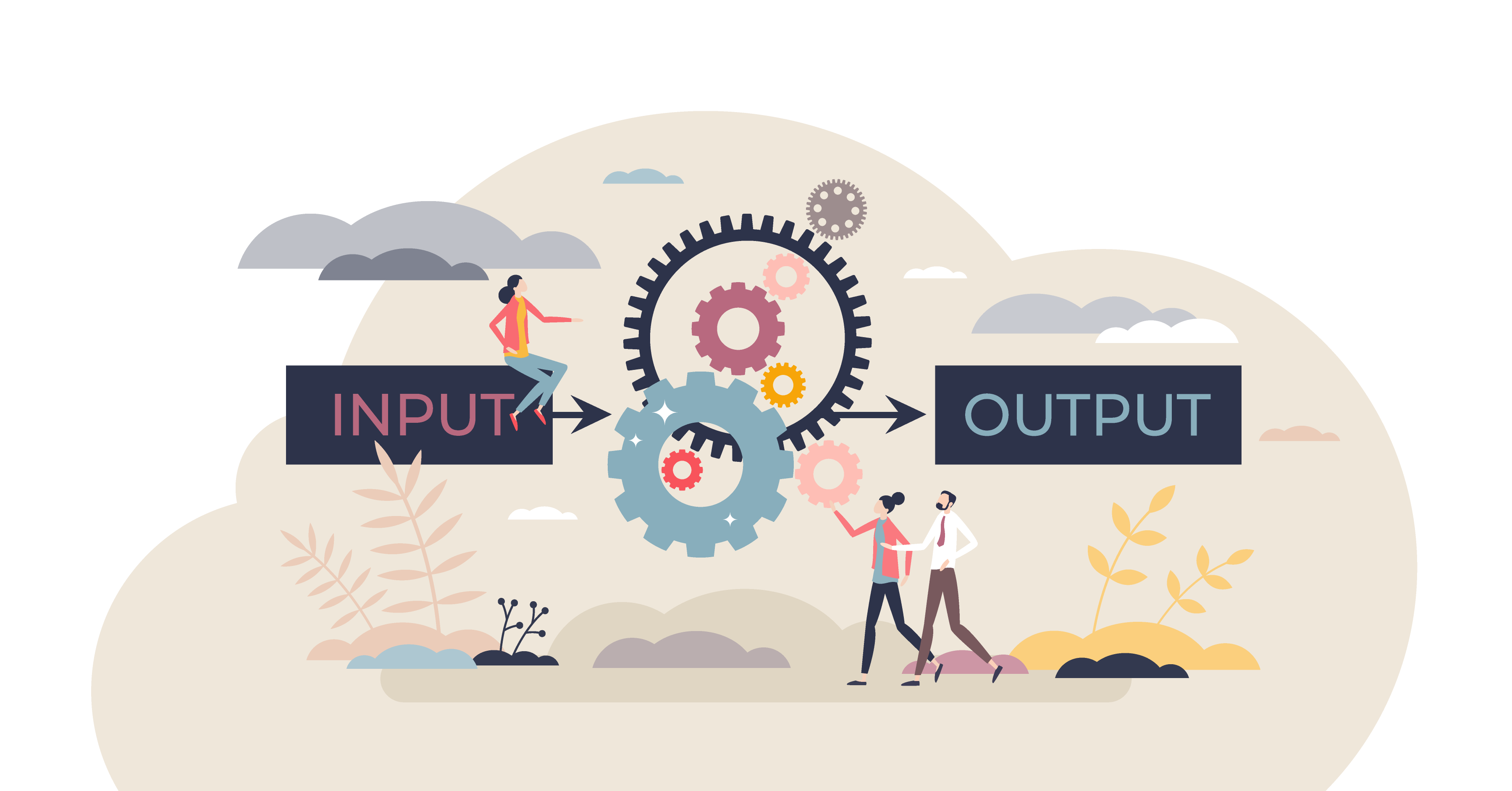
Some supervisors may not be used to working with older students
This goes for any PhD but get to know your supervisor before you start. How comfortable are they advising someone who may be older than them and has had a very different career trajectory? Do they value your skills and experience eg outside academia, or do they get frustrated every time you suggest a new way of doing something?
For me, it is sometimes very weird speaking to senior academics who are younger than me. But I just rest safe in the knowledge that I can actually manage a lab and in all likelihood, they can't. I know that they are better at writing funding applications but I can make the pennies go further and have a better idea how much things cost. Make sure that you are comfortable with your supervisor and can respect each other's opinions; and that includes you of theirs.
There may be discrimination
Unfortunately, as an older person, you may experience discrimination. It's not everywhere but some academic groups can be particularly ageist. This is because, to some academics' eye's, a PhD is a training degree and training young people will improve their chances at working their way up the ladder. They are easier to move around, are more likely to put up with %£&* and feed into their 'idealised' pipeline better. I've known academics to basically not want anything to do with you if you have kids. Because that apparently means you're not committed. Or worse if you're a young female who is around the average age that one has kids, then clearly you're going to go off on maternity leave, which is terribly inconvenient and you may never come back.
So my advice for this one, as above, is to get to know your supervisor really well before starting. Speak to previous students to find out what their experience was. And if you're experiencing discrimination due to your age (or anything else), speak to someone about it. The best places and groups to do a PhD in, will not even blink an eye at your age. In fact, quite the opposite; they'll probably be excited to have someone with a different set of skills and experiences.
In summary, you're never too old to do a PhD
I hope I've given you a balanced viewpoint of advantages and disadvantages of doing a PhD when you're older than average. I'm 36 and have a young daughter and I'm doing my PhD. I even fancy doing another one in a completely unrelated subject once I'm retired! Ultimately, don't let your age stop you doing a PhD. There may be a reason you didn't do one early in life and that is no reason why you shouldn't do one now. Your skills and experiences are just as valuable, if not more so as they are often from outside academia, as those from a younger student. There will be areas where you may not feel as if you are 'keeping up', but believe me when I say there are plenty of areas where you will excel.
So do it!

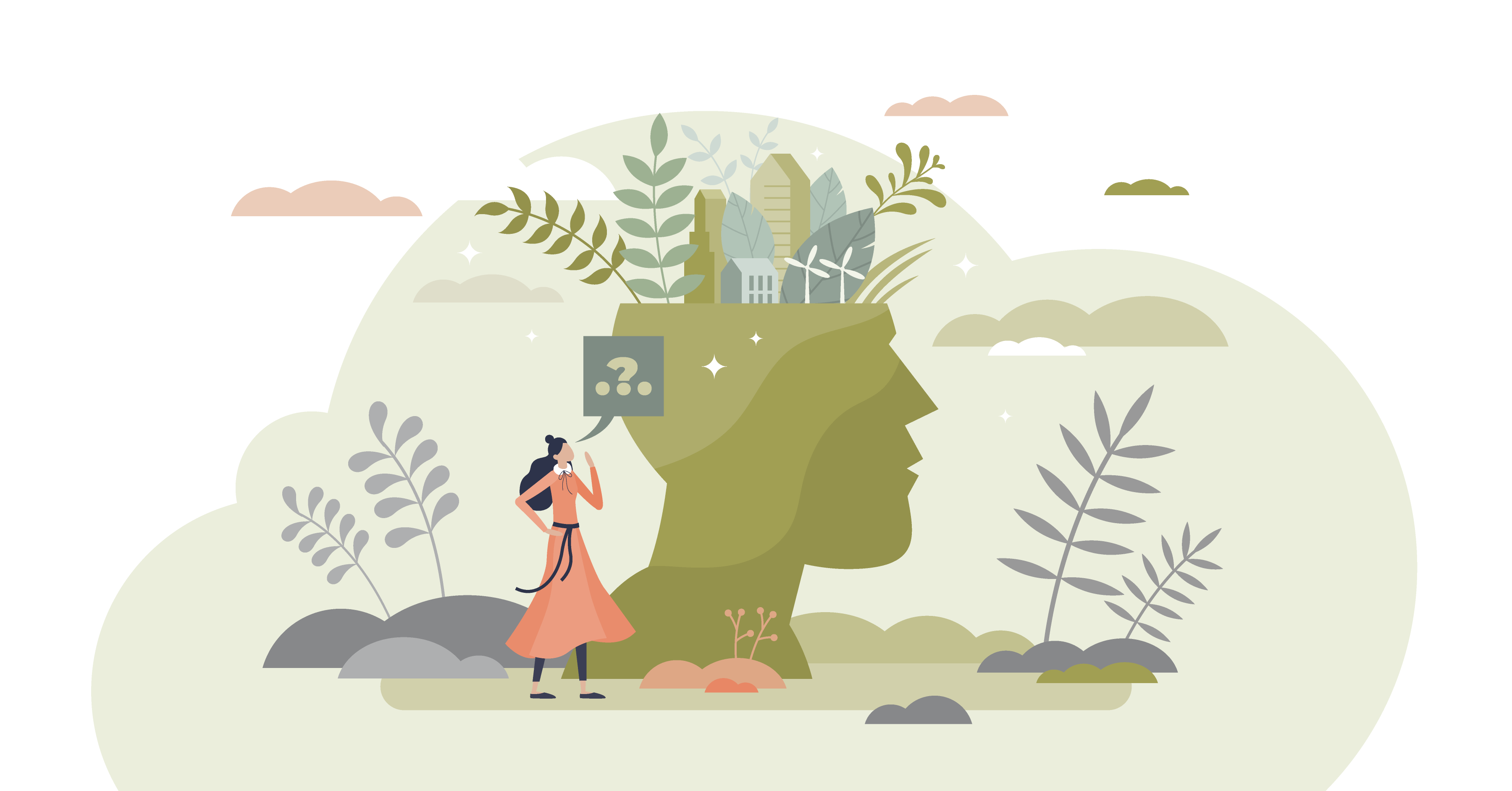



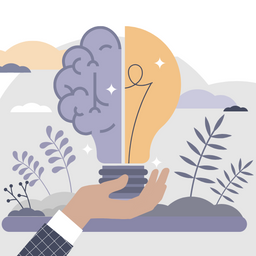




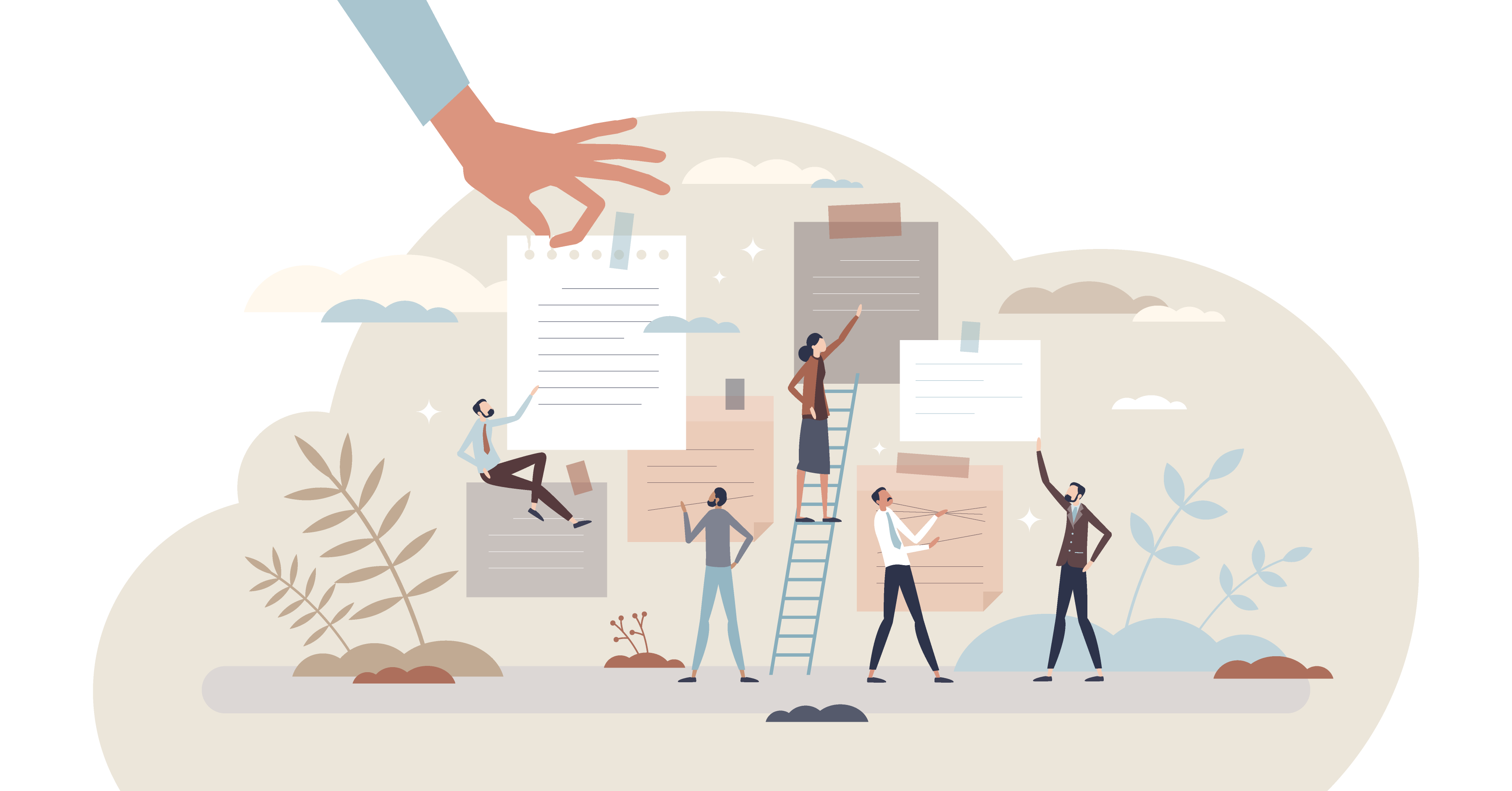
Comments